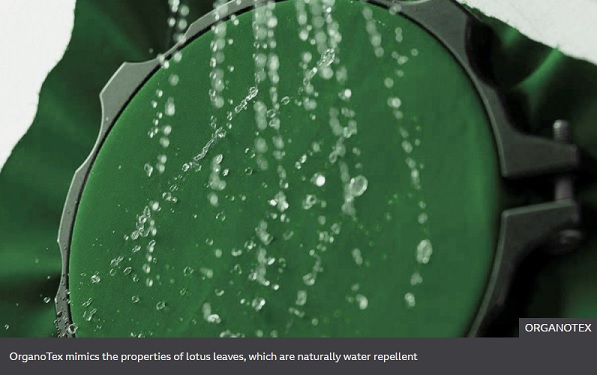
Take a look around your home, at the many products that make daily life more convenient. Have you ever wondered why food doesn't stick to your favourite frying-pan, why grease doesn't soak through your bag of microwave popcorn, or why water doesn't soak into your jacket?
The same class of synthetic chemicals, PFAS, is likely responsible for all of these functions. But those chemicals are now under the spotlight and, in some regions, are being phased out altogether.
The group of chemicals known as PFAS (poly- and perfluoroalkyl substances) is enormous. There are over 4,700 of these fluorine-based compounds.
Often dubbed "forever chemicals" for their extraordinary persistence, they've been detected in drinking water, dust and even the human bloodstream.
You almost certainly have PFAS in your home and in your body.
As depicted in the 2019 film Dark Waters, health problems can be especially severe in areas of land where PFAS are disposed of, or heavily used.

These chemicals, found in a dizzying array of products - from food-packaging, to cosmetics and furniture - have been linked to health problems including liver damage, kidney cancer and birth defects.
Consumer pressure alone however, hasn't been enough to drive major movement away from PFAS.
After all, deciphering labels and the names of chemical compounds is nearly impossible for the average person, notes Jonatan Kleimark, a senior chemicals and business advisor for ChemSec, a Swedish non-profit organisation advocating for safer use of chemicals.
"If you're a regular consumer, it's a very complex subject, and it's something that's usually not communicated around," Dr Kleimark says.
Not everyone has the time and motivation to write to manufacturers to ask if their products contain PFAS, which is what some government agencies advise.




